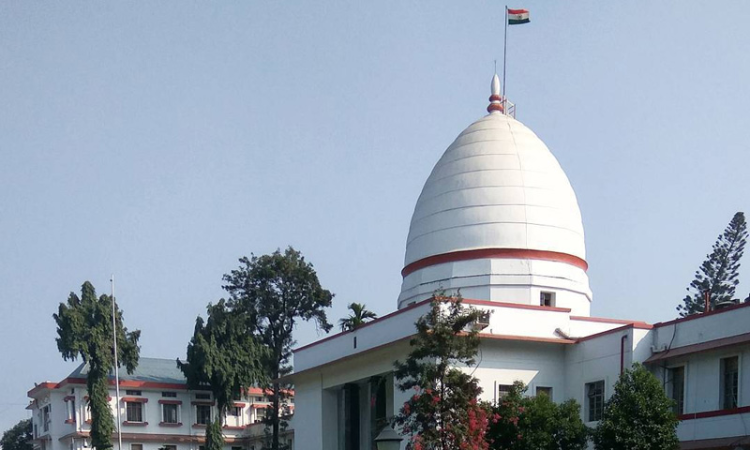The Gauhati High Court has held that the three conditions stipulated under Section 37 of the NDPS Act for grant of bail to an accused person are conjunctive in nature.Justice Sanjay Kumar Medhi ruled that all the three conditions, namely, (i) opportunity to the Public Prosecutor to oppose the bail (ii) prima facie satisfaction regarding availability of ground for believing that the accused is...

